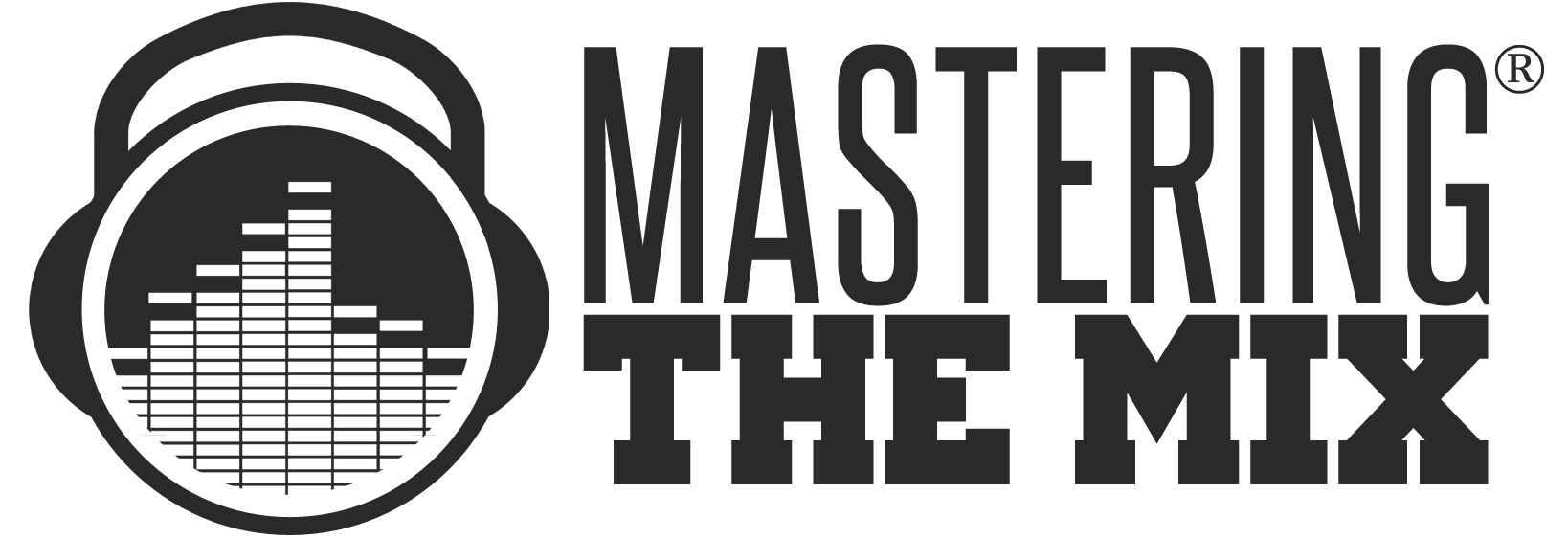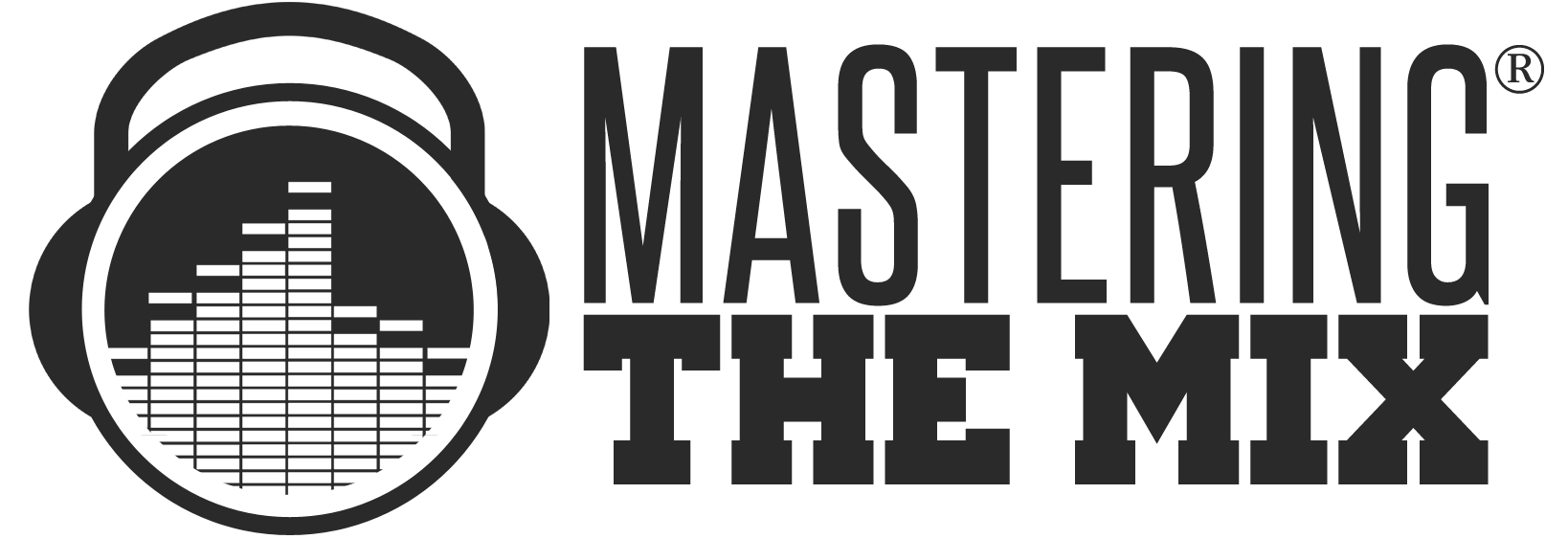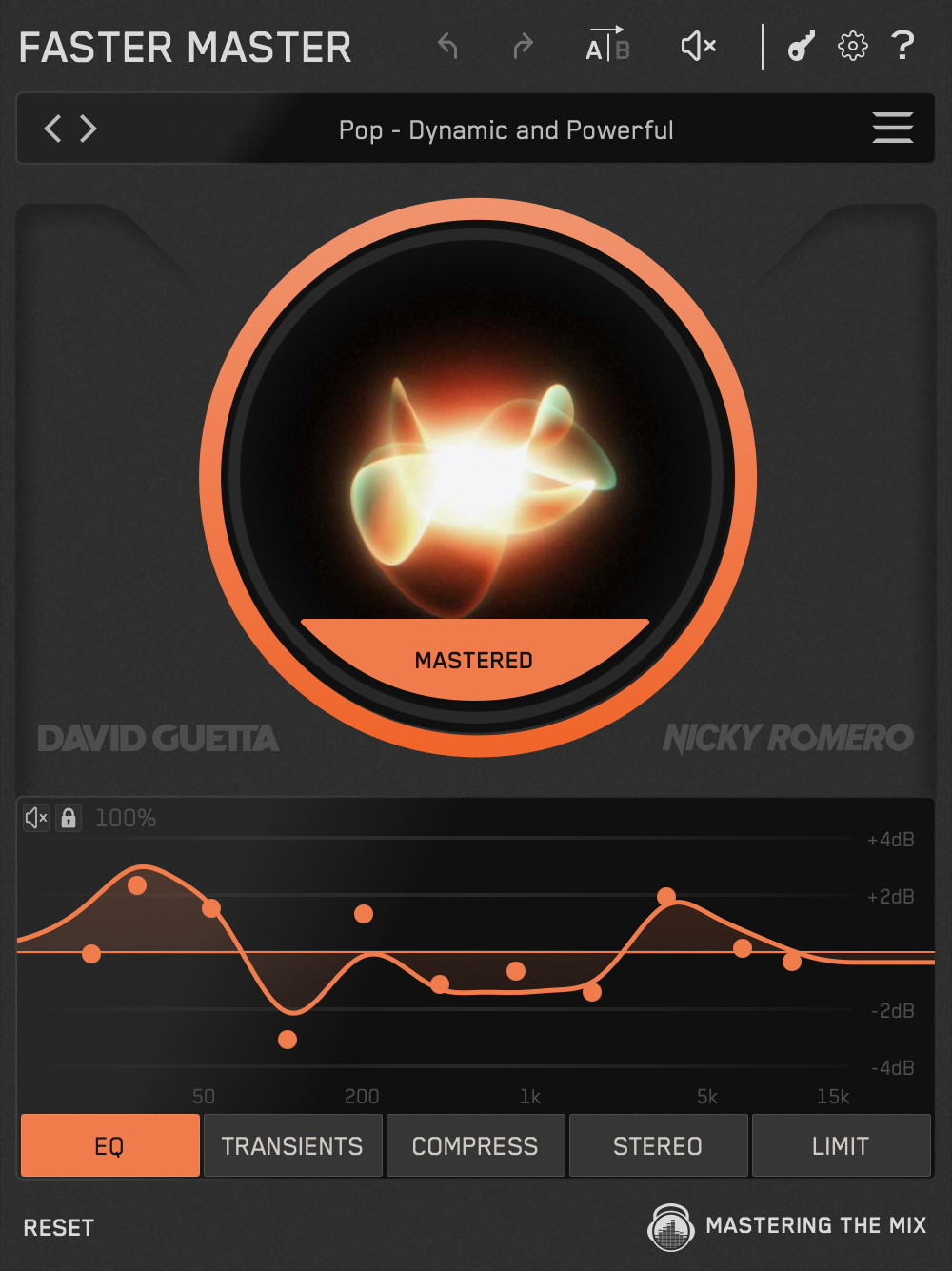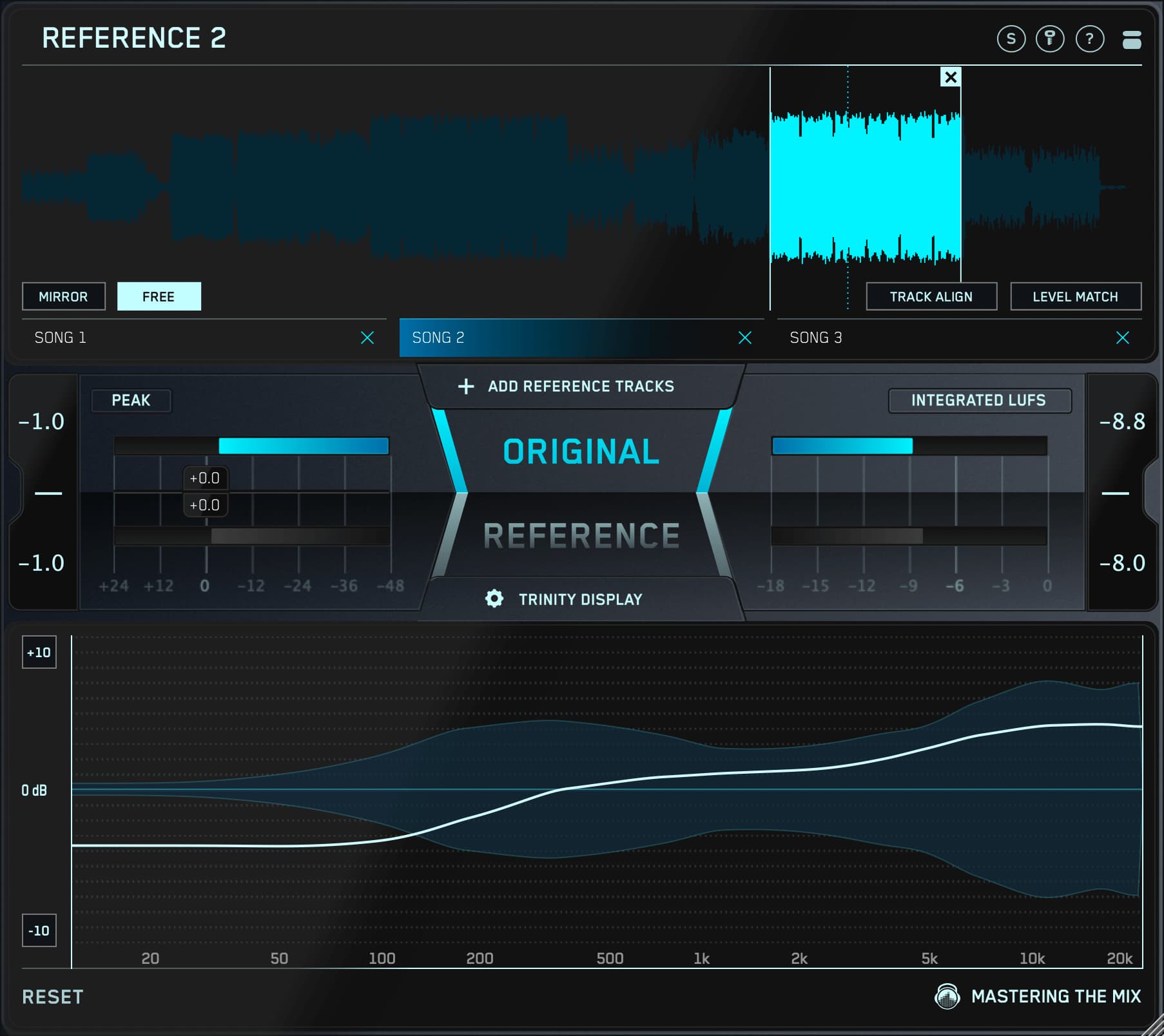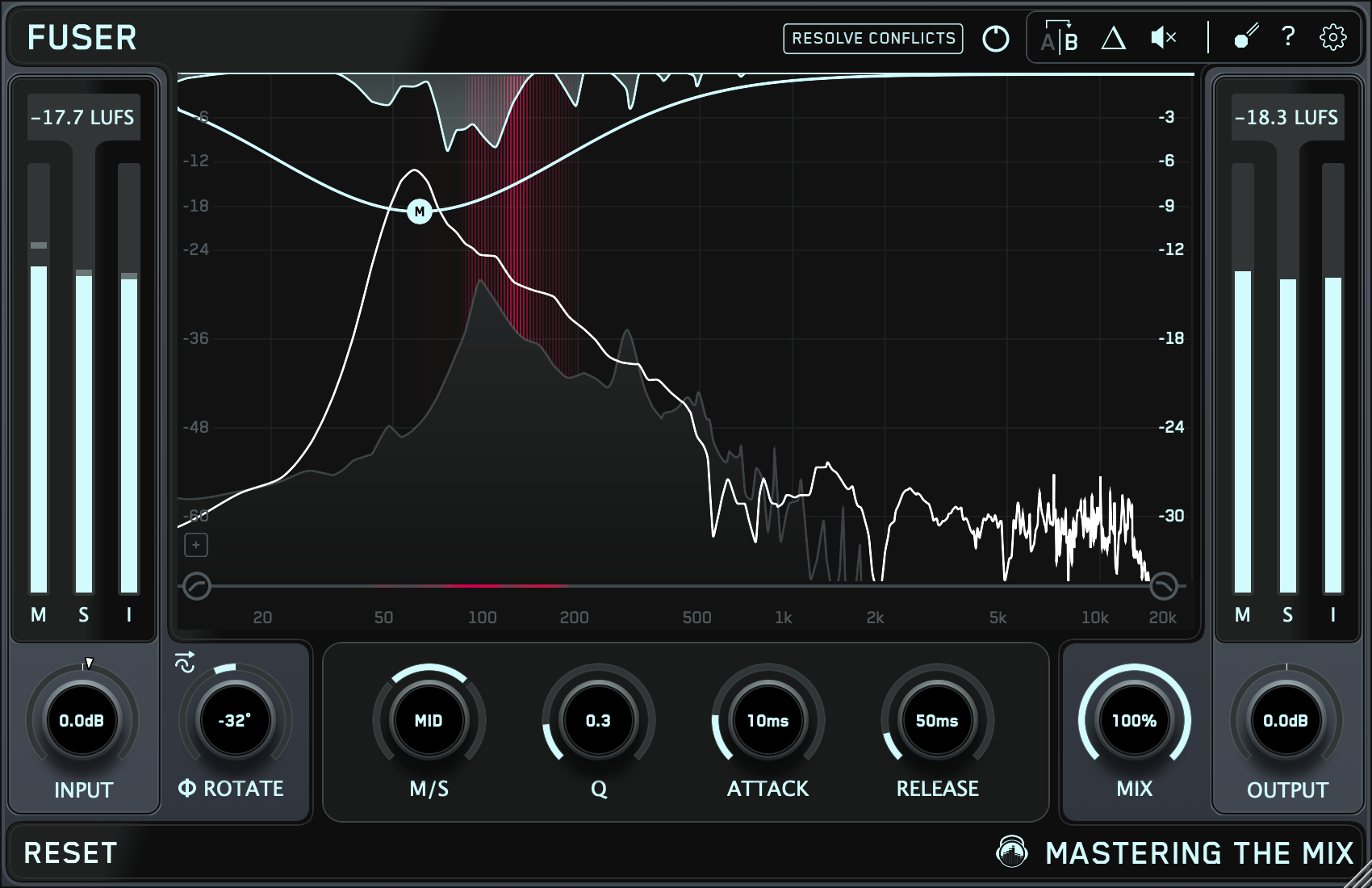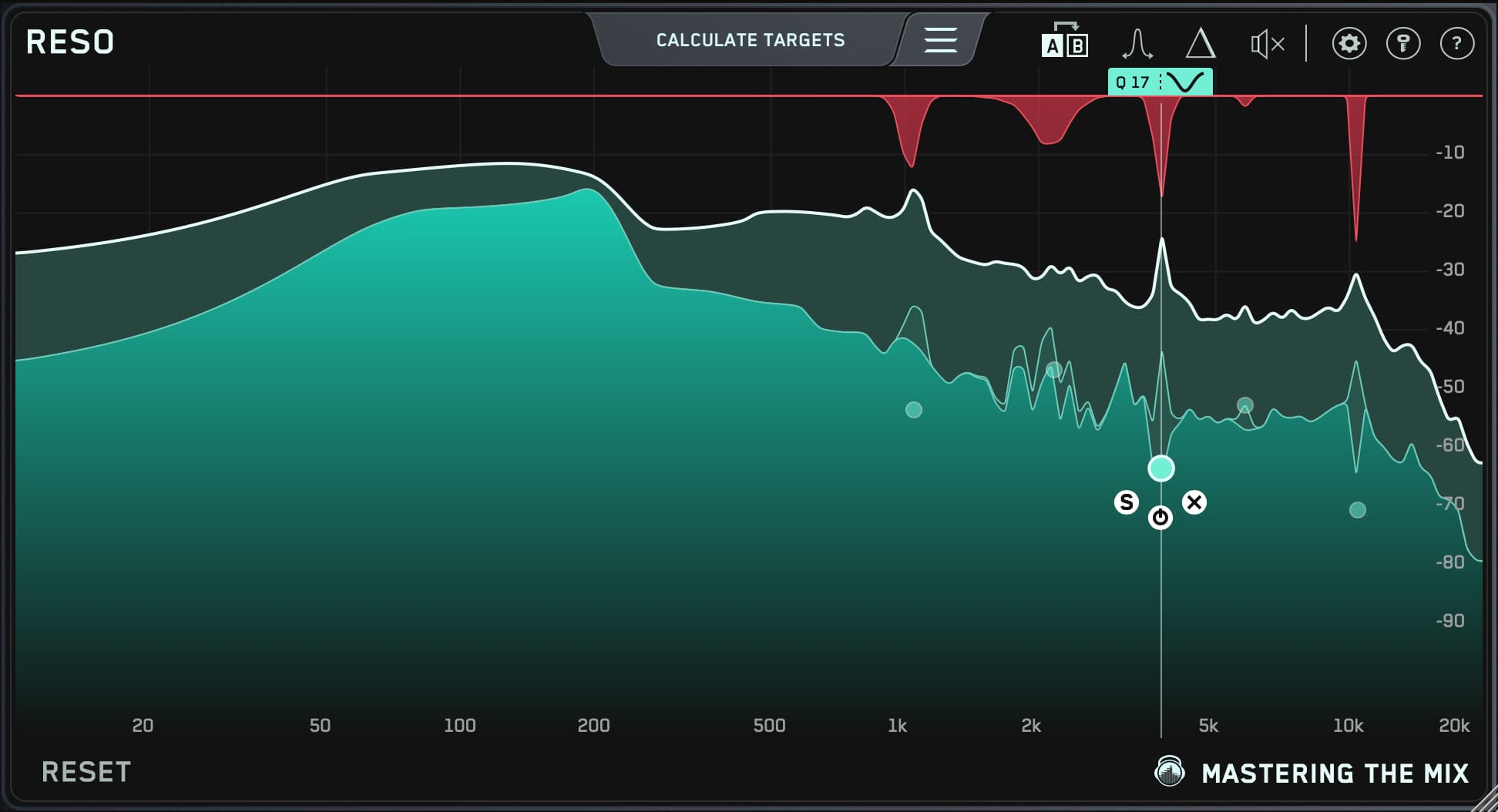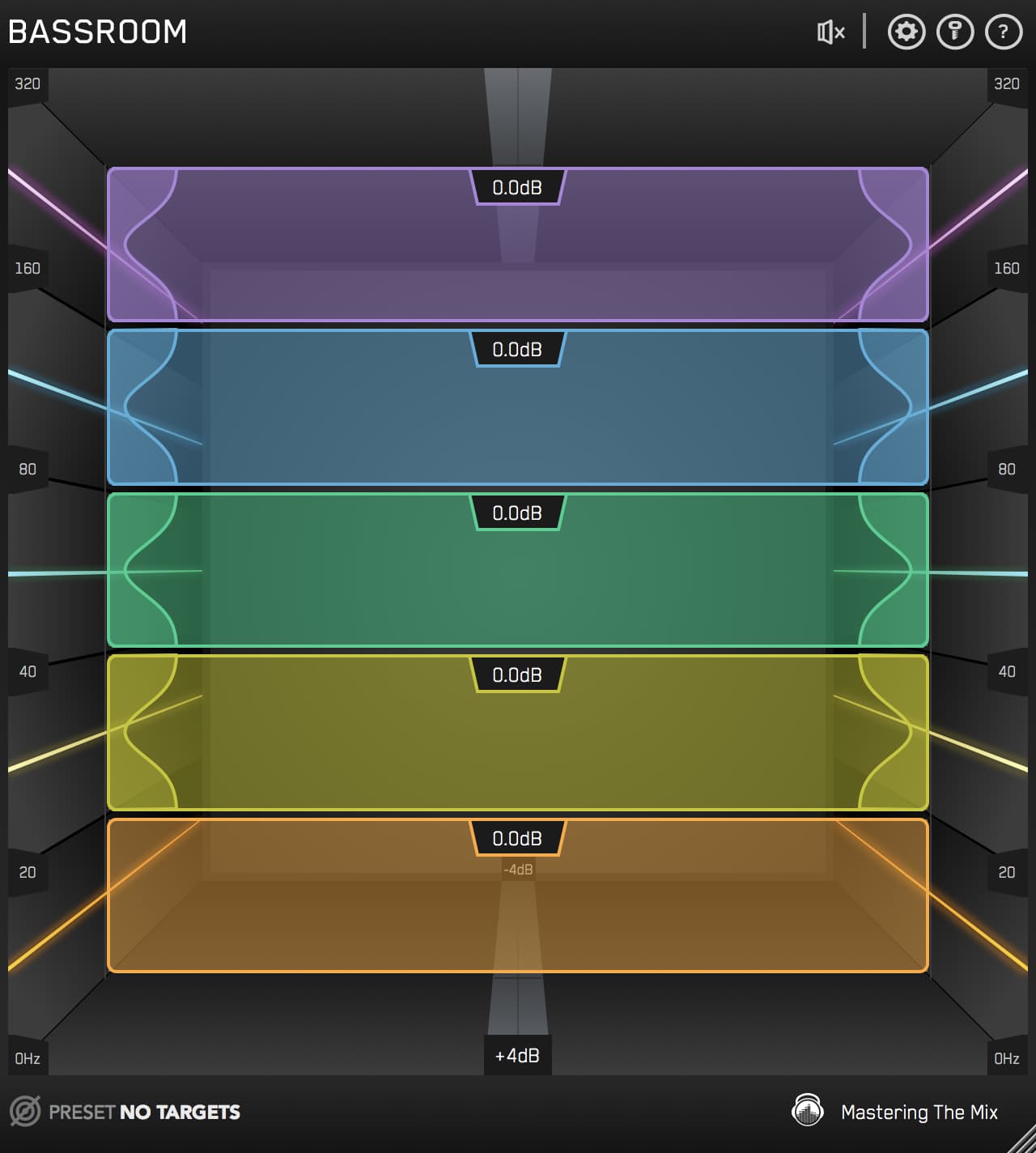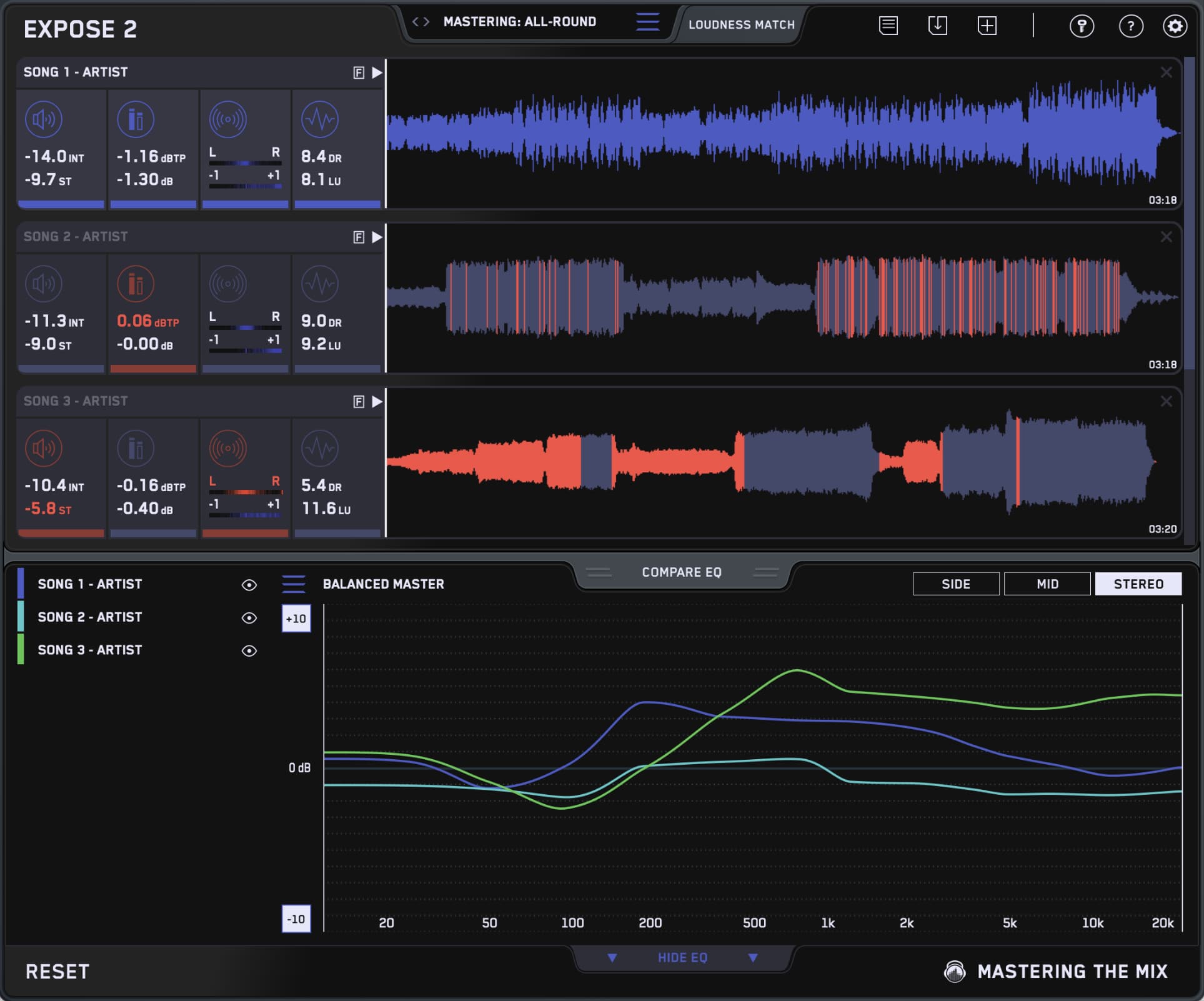There's nothing worse than sitting down to work on music and staring at a blank page or screen. Writer's block is the voice in your head that tells you not to write something down because it's not good enough. It stems from perfectionism and insecurity and can feel like an insurmountable hurdle sometimes. Thankfully, there's a cure. In this blog, we'll share some of our favorite tips for breaking through writer's block.

Stop Criticizing Yourself
“There is no such thing as writer’s block for writers whose standards are low enough.”
— William Stafford
Beating writer's block is easy—all you have to do is write something! How many times have you had an idea during a songwriting session but neglected to write it down because it wasn't good enough? Not writing down an idea just makes writer's block worse. Instead, give yourself space to brainstorm some ideas free from judgment.
Break your songwriting sessions into two parts: brainstorming and editing. Start by blocking out some time to come up with new ideas. Write down any ideas that come to mind, no matter how cheesy or corny they sound. This will encourage you to continue writing, instead of freezing until you think of something better. Next, review your work with a critical eye and look for opportunities to improve what you don't like.
Many writers get caught up trying to beat a fictional version of a song that they've written in their head. But that song doesn't actually exist. Instead, focus on writing the first version of the song and improving it until it's as good as the version in your head.

Practice Makes Perfect
Songwriting is a skill, just like playing your instrument. Much like musicians who set aside time to practice scales every day, you should set aside some time to practice songwriting every day. Sure, it will be difficult at first, but consistently practicing is a great way to improve your chops.
Many songwriters suggest starting your day with a writing exercise to help get your juices flowing and put you in a creative mindset for the rest of the day. You could try journaling about the previous day, brainstorming on a particular topic, or simply free writing for a set amount of time.
Hopefully, you'll come up with an idea that will jumpstart a songwriting session. If not, at least you'll be in a creative headspace for the rest of the day, which will make it easier to recognize and elaborate on ideas. If you're not able to schedule some dedicated writing time first thing in the morning, try to build it into your daily routine. Write while you drink your morning coffee, while commuting to work or school, or during your break time.
Carry a notebook and a pen with you wherever you go so you can write down lyrics as soon as inspiration strikes. Similarly, you can use the voice memo app on your phone to record ideas—even melodies!

Find The Right Environment
When it comes to songwriting, some people prefer to write in a comfortable space, while others prefer the stimulation of being somewhere new. If you're suffering from writer's block, try shaking up your environment.
Many musicians and producers spend a lot of time in the studio, which is often dark and isolated from the rest of the world. One simple way to engage your senses during a songwriting session is to venture outside. Go for a walk, head to the park, visit a coffee shop—anything to get you out of the studio.
If you're more of a homebody, spend some time cleaning up your workspace. Clutter can be distracting, and cleaning your workspace can help free your mind so you can focus on the music. Additionally, do what you can to make your space more comfortable. Light a candle, dim the lights and grab a big fluffy blanket if it helps you get in the zone!

Limit Your Choices
Too many choices can be overwhelming, making it difficult to make a decision. It's called “analysis paralysis” and it's a common occurrence when songwriting. When you sit down to write a song and a blank page is staring back at you, the possibilities are endless. You could write a love song, a break-up song, or even a sea shanty. But with so many options, it's tough to know which route to take.
By simply limiting your options, you eliminate an infinite number of alternative choices. Once you decide to write a love song, you can push all of your ideas for a break-up song to the side and focus on the goal at hand. Placing rules on your songwriting session can help guide you to the finish line.
The rules you place on the session don't have to be about lyrics or subject matter, either. You could decide to write a song in a certain key, using only three chords, or a certain chord progression. You could even decide to write a song based on a certain feeling, like a high-energy song, or a sparse and reverberant arrangement.

Clear Your Head
It can be difficult to get in a creative mindset when you've got too many thoughts bouncing around in your head. That's why it's always a good idea to clear your head before a songwriting session. One great way to break out of a rut and get your blood flowing again is to get some exercise. Go for a walk—spending some time in the sun and breathing some fresh air can do wonders for your creativity!
Yoga is another great activity to encourage creativity. Not only does it help decrease stress markers and increase endorphins, but it also helps you get in touch with your senses, which is great for creativity—especially writing lyrics. Meditation is another great way to clear your head before a songwriting session. Much like yoga, meditation is proven to reduce stress markers so you can focus on being creative.

Experiment With New Sounds
Working with the same tools every day might make you start to feel stagnant. If you're starting to feel stuck during your songwriting sessions, try experimenting with new sounds. Use something other than your primary instrument. If you typically write on guitar, sit down at a piano and see what inspires you. If you like to write with a pen and paper, switch gears and start by opening a virtual instrument in your DAW. You might even try downloading a sound library and experimenting with pre-made loops and samples.
Another great way to conjure up new ideas in the studio is to experiment with new plug-ins. Tools like ANIMATE are a great way to conjure up new ideas. With four versatile effects including upwards expansion, transient enhancement, harmonic distortion and dynamic stereo widening, you can instantly transform your tracks to sound like something else entirely.

Collaborate With Others
If you're still struggling to break through your writer's block after following the tips above, just remember: two heads are better than one. Collaborating with another songwriter is a great way to kick-start your creativity. It allows you to feed off of each other’s ideas and create something greater than the sum of its parts.
Not only does collaborating generate twice as many ideas, but it also encourages you to think outside of the box and experiment with new ideas. For bonus points, try collaborating with a musician who works in a different genre than you. By mashing up two disparate styles, you can create something fresh and unique.

Revisit Old Projects
If bringing another person into your songwriting sessions seems overwhelming, just collaborate with yourself! You know all of those old, unfinished song ideas you have laying around? Finish them! You've already got an idea, now all you need to do is elaborate on it.
Review your old work with a critical eye. What do you like about it and what do you want to change? Maybe there's a song with a great chorus that just needs some work on the verses. Maybe you'll find a riff or a hook that inspires you to write a whole new song. Or maybe you Frankenstein a new song together using parts from four other songs. Revisiting your old work can be a treasure trove of ideas!

Steal Something
“Good artists borrow, great artists steal.”
— Pablo Picasso (probably)
While you should never violate copyright laws, you don't have to reinvent the wheel every time you write a song. Obviously, you can't steal lyrics, melodies, or anything copyrighted, but things like chord progressions, song structures and the feel of a song are totally fair game. Challenge yourself to steal something from your favorite song and write a new song that no one would recognize. If you make a song that sounds just like someone else's, the original writer can demand writing credits.
For instance, did you know that Taylor Swift's "Look What You Made Me Do" was inspired by "I'm Too Sexy" by Right Said Fred? Or that Olivia Rodrigo's "Good 4 U" borrows from Paramore's "Misery Business"? And of course, there was the landmark case surrounding Rob Thicke's "Blurred Lines." Each of those artists wound up giving writing credits to the original songwriters to avoid legal troubles.
One great way to emulate your favorite songs without running the risk of ending up in court is to recreate the energy or emotion of a song, which can't be copyrighted. REFERENCE makes it easy to compare your mix to other tracks and comes packed with powerful tools to help you get closer than ever to the sound of your favorite music.

Learn Something New
Another great way to break through your writer's block is to learn a new skill. If you're feeling stuck trying to come up with a new melody or chord progression, Google some tutorials on intermediate or advanced techniques for your instrument. Maybe learning how to do sweep picking on your guitar or how to use symmetrical inversions on the piano will inspire you.
And if you're primarily an electronic musician, check out our blog for tons of production tips and tricks. Our Decoding The Mix series is a great place to start if you're looking for inspiration. Walk through your favorite tracks step by step to see what makes them tick!
Plugins Mentioned In This Blog
